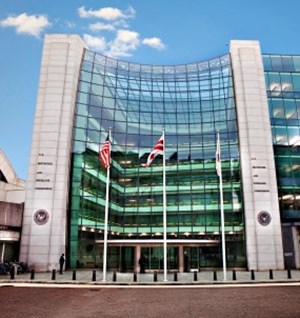SEC releases “flawed” climate disclosure rules that “defund” U.S. oil and gas production
(WO) – On March 6, the Securities and Exchange Commission (SEC) released its final climate disclosure rule, drawing criticism from oil and gas trade groups for it’s perceived flaws.
Ryan Meyers, American Petroleum Institute’s (API) Senior Vice President and Chief Council, said the “flawed rule will still subject investors to countless billions in additional costs without meaningfully advancing a dialogue on climate that has been occurring for many years between companies and their shareholders.”
The Western Energy Alliance also criticized the final climate disclosure rule, saying it intends to ultimately defund American oil and natural gas production. The trade association stressed that the regulation meets the demands of anti-oil-and-gas activist groups yet has no basis in law.
“SEC’s rule seeks to reorient the entire financial system and drive climate change policy rather than promote fair financial returns for workers, retirees, and investors,” said Kathleen Sgamma, president of the Alliance. “As part of the Biden administration’s whole-of-government approach on climate change, SEC is willing to inflate energy prices by denying financing for American oil and natural gas production and costing Americans $10.2 billion.
“Despite SEC’s stated intentions, the rule would flood investors with inconsistent, confusing information about ill-defined climate change risk and greenhouse gas data that conflicts with more technically sound inventories from the Environmental Protection Agency. Even with the withdrawal of Scope 3 emissions, the rule lacks statutory authority and elevates speculative climate change risk above material financial information of value to investors. The commission lacks the authority from Congress for this rule and is pursuing a political agenda at the cost of hardworking Americans.
“For the past two years, American investors have backed away from ESG investments because they deliver poor returns and cannot be verified as more socially responsible than traditional investments. There’s little demand for this rule from investors, despite SEC’s best spin. We know from media and watchdog investigations that SEC wrote this rule in close coordination with anti-oil-and-gas groups like Ceres. SEC was recently forced to withdraw a similarly flawed rule on natural asset companies, and should likewise rescind this one. The commission runs afoul of the major questions doctrine affirmed by the U.S. Supreme Court in 2022 in attempting to assume climate change regulatory authority.”



